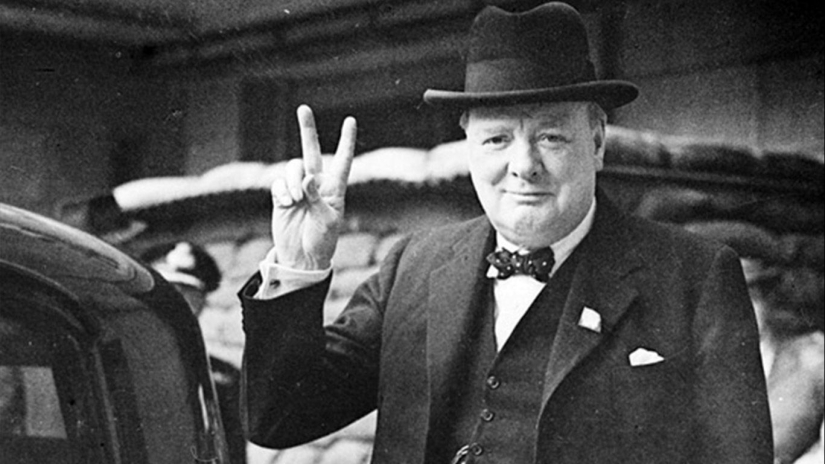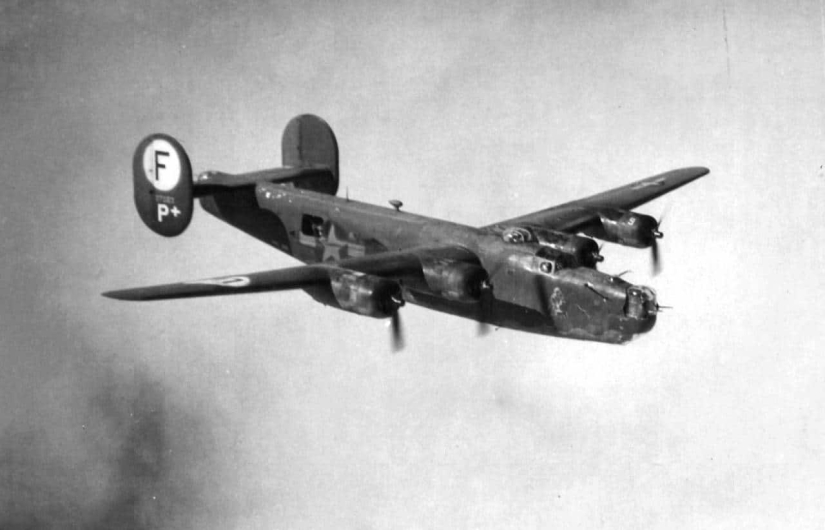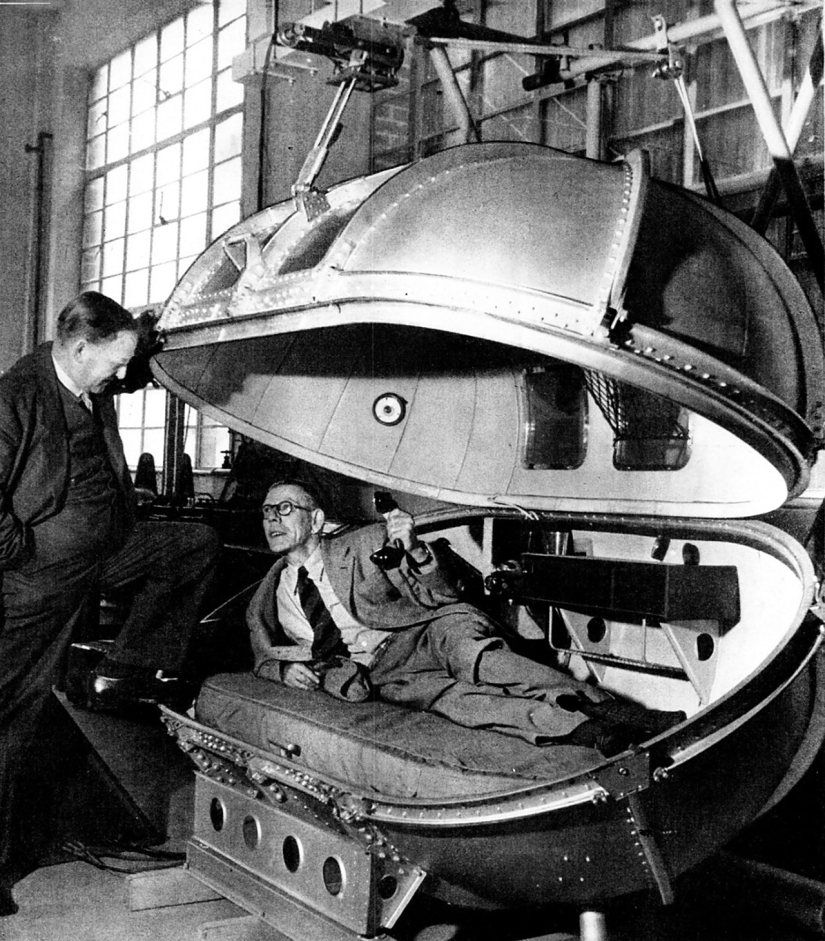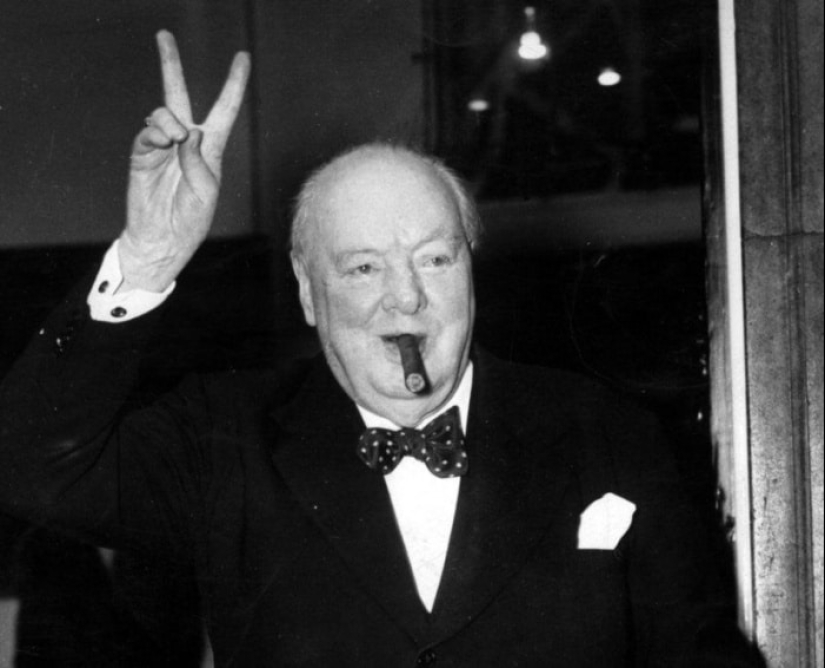"Churchill's Egg": why the British prime minister had to fly in a personal sarcophagus
Categories: Celebrities | History
By Pictolic https://pictolic.com/article/churchills-egg-why-the-british-prime-minister-had-to-fly-in-a-personal-sarcophagus.htmlThere are a lot of funny stories about Winston Churchill. Recall at least the story of how the most famous portrait of the British Prime Minister was made. People talk about his addiction to delicious food, painting and, of course, cigars…
Perhaps the most interesting is the story about the so-called "Churchill Egg" - the politician's personal sarcophagus, in which he was forced to travel. Let's find out the true story of this unusual invention.

In the line of duty, Winston Churchill had to travel often. Even during the Second World War, the British Prime Minister was constantly on business trips. Naturally, flights at that time were not as safe as they are now. Especially when German fighters were circling in the air.

In order not to fall under enemy fire, flights had to be made at a fairly high altitude (about 8000 meters). And since there were no good pressure control systems in the planes of that time, passengers felt, to put it mildly, not very comfortable. Staying at a high altitude was fraught with a lack of oxygen and all the ensuing consequences. If young people endured such trips more or less easily, then for the elderly Winston Churchill such a flight could turn out fatally.
He had already had at least one heart attack, and he continued to drink alcohol and smoke cigars without measure. Given this, the pressure in the plane was even more dangerous for the prime minister than enemy fighters. But he couldn't not fly either... the inventors from the Institute of Aviation Medicine found the solution.

They developed a sealed pressure chamber specially for Churchill, which resembled an egg in shape and was something like an individual sarcophagus. The "sarcophagus" could hold a constant pressure equivalent to that recorded at an altitude of 1550 m above sea level. Such conditions for the body are even better than in some modern aircraft!
To make Sir Winston Churchill comfortable inside the capsule, a telephone was installed in it, a soft mattress was laid and even ventilation was equipped so that the Prime minister could smoke his favorite cigars. But he never had a chance to use the sarcophagus. The fact is that the capsule turned out to be quite bulky. It did not fit into the former bomb bay of the B‑24 Commando airliner, where it was planned to be installed, so the idea had to be abandoned.

In addition, Winston Churchill managed to fly 339 hours without any capsules, while remaining in good health. American General Douglas MacArthur later said that he would give him all the awards of the Allied army for this: "Flying tens of thousands of miles over enemy territories may be the responsibility of young pilots, but not of a statesman."
Recent articles

It's high time to admit that this whole hipster idea has gone too far. The concept has become so popular that even restaurants have ...

There is a perception that people only use 10% of their brain potential. But the heroes of our review, apparently, found a way to ...

New Year's is a time to surprise and delight loved ones not only with gifts but also with a unique presentation of the holiday ...